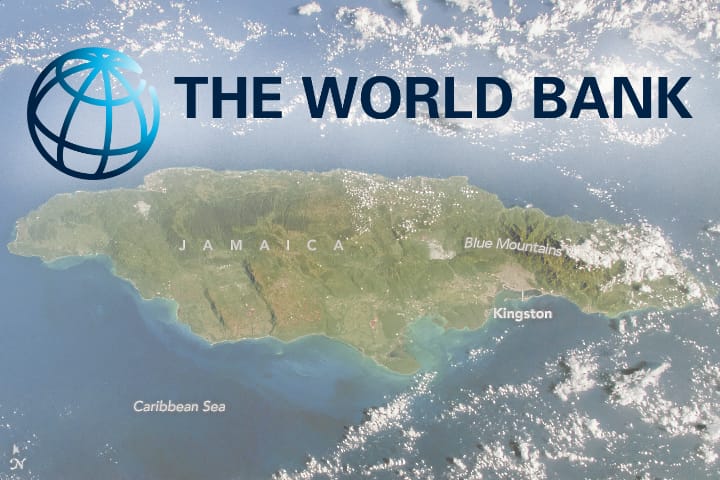The latest data from the Insolvency and Bankruptcy Board of India (IBBI) show that a total of 2,289 cases related to personal guarantees involving corporate debt of Rs 1.63 lakh crore have been filed at the National Company Law Tribunal (NCLT). Of these, 282 have been admitted, out of which 21 have yielded Rs 91.27 crore.
The order means cases stuck at the NCLT will move forward with banks likely making fresh pleas in this regard.
“Banks will now not only pursue the old cases but will also file new applications now,” said Biswajit Dubey, Supreme Court lawyer and an expert in bankruptcy laws. “In my assessment, this will lead to more recoveries as people will be worried about losing their personal assets.”
The judgement could also enhance recovery from accounts that have been written off, which will lead to gains in banks’ bottom lines.
“There have been around 1,000 cases of personal insolvency where resolution professionals have already been appointed,” said Hari Hara Mishra, CEO, Association of ARCs in India. “These cases will now move fast and over next few quarters (are) likely to yield multiple times of Rs 91 crore meagre realisations under personal insolvency so far.”Bankers said they will now have more leverage with defaulters.”This case in SC was fought by large promoters and now that they have lost it sends a strong message to others,” said a senior bank executive. “We have had cases of defaulters stalling the Sarfaesi (Securitisation and Reconstruction of Financial Assets and Enforcement of Security Interest Act) recovery process by filing voluntary personal insolvency cases and taking advantage of the moratorium.”
The Supreme Court order allows banks to become party to such cases, he said.
On Thursday, the Supreme Court dismissed a set of petitions filed by former promoters of bankrupt companies, including Anil Ambani, Venugopal Dhoot and Sanjay Singal, challenging personal insolvency proceedings initiated against them. These petitions were clubbed together after the promoters had challenged the changes to the bankruptcy law, allowing personal insolvency cases against guarantors in 2019.
Banks Engaged Detectives
Bankers said they will pursue old cases and the bankruptcy stigma will persuade many promoters to settle dues.
“It will also deter promoters from offering insane bank guarantees, which was the norm earlier,” said another banker. “Banks have previously engaged detective agencies to find the hidden assets of defaulters. Now personal insolvencies can be used to jolt defaultors because there is always a stigma attached with such tags.”
In a personal insolvency case, the resolution professional ascertains the estate of the defaultor and then distributes it among creditors.
If a person has not been able to settle dues according to the demands of creditors, they are declared bankrupt, the assets are sold and the proceeds distributed amongst the creditors. The person cannot hold a directorship in any company, is not eligible for any bank loan or access to the bond market and also cannot stand for any public office. These restrictions remain in place for a year after sale proceeds are distributed and a report in this regard is submitted to the NCLT, following which the person is discharged.
“There is a stigma attached to a personal bankruptcy, more so in India. This is a big advantage for lenders because recovery from such people is very difficult as most have hidden their assets in family trusts or are not in their name,” said a third banking executive.
Bankers said the Supreme Court judgement will also deter promoters of high-debt companies giving unsubstantiated personal guarantees. Anil Ambani, had given guarantees of approximately ₹1,384 crore to lenders of his troubled companies. Sanjay Singal and his wife Arti Singal jointly guaranteed about’ ₹12,276 crore of loans to Bhushan Power and Steel.







































